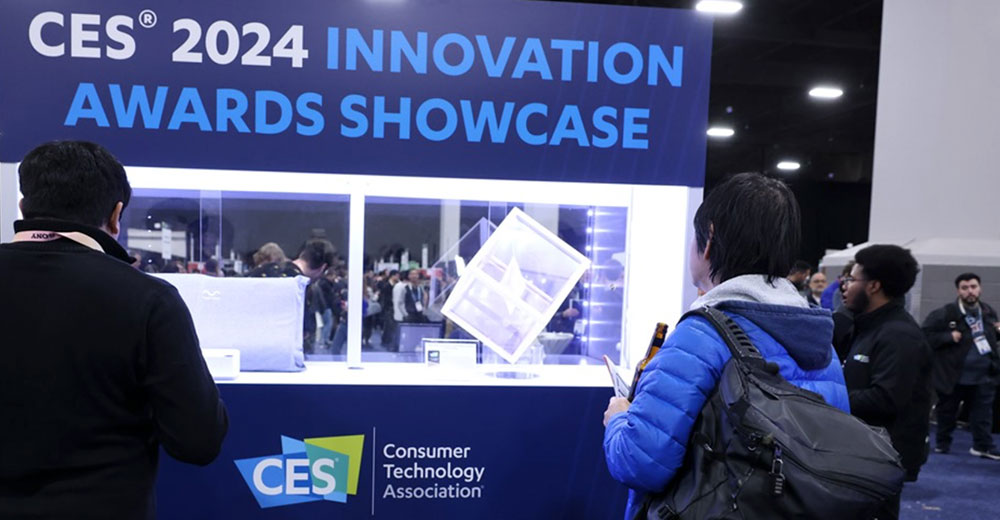
Telecom giant SBC Communications (NYSE: SBC) lashed out at the proposed merger of America Online and Time Warner Wednesday, citing an alleged fraudulent action by Time Warner’s cable group as evidence of “anti-competitive behavior.”
The San Antonio, Texas-based company, America’s 13th largest employer, said that Time Warner Cable and Road Runner, Inc. distributed flyers in the Houston, Texas area suggesting that their employees sign up for SBC’s DSL (direct subscriber line) Internet access service and then cancel the order.
SBC said Time Warner offered its employees free Internet access or a chance to win $100 (US$) for participating in the alleged scheme. The company claims that the effort constitutes fraud under Texas law and has asked the Public Utility Commission of Texas to investigate the matter.
In addition, SBC said it has asked the Federal Communications Commission (FCC) to investigate the incident and include it in the record of the proposed $350 billion AOL/Time Warner merger. “In light of other anti-competitive actions by Time Warner, this episode should be considered,” SBC spokesman Selim Bingol told the E-Commerce Times.
Time Warner Cable Admits Fault
Mike Luftman, a spokesman for Time Warner Cable, acknowledged Wednesday that the incident occurred and said it was a local initiative that was discontinued as soon as the company learned of it.
“There’s no question this was a mistake at a local level and it was unfortunate,” Luftman told the E-Commerce Times. “As soon as we learned of it, we put an end to it. We try to run our businesses in an appropriate manner, but sometimes competition goes too far. In this case, we tried to put it straight.”
Luftman said that the initiative lasted about one week and he thinks approximately 20 calls were made by Time Warner employees to SBC ordering its DSL service and then cancelling it. SBC said that Time Warner “failed to state unambiguously that the program had been terminated” after being contacted.
Southwestern Bell said its expenses ran as high as $370 per fake order placed by Time Warner employees, but did not reveal the total number of orders placed.
Regulatory Pins and Needles
The matter would be nothing more than a nasty local business dispute if not for the proposed merger. SBC has been vocal in its opposition to the merger, also citing Time Warner’s controversial decision to pull the ABC television network off its cable package after a dispute with Disney.
The FCC ruled earlier this month that the action was illegal and issued a statement saying “no company should use consumers as pawns in a private contract dispute.” Sanctions against Time Warner will result.
The proposed merger would create the world’s largest media company with assets of about $350 billion. It would combine Time Warner’s media properties, including HBO, CNN, TNT, Warner Bros. Music and Sports Illustrated magazine with AOL’s 22 million subscribers, as well as its properties, Netscape and CompuServe.
Merger Fuels Concerns
As the FCC examines the deal to determine if it is in the public interest, and the Federal Trade Commission (FTC) conducts a preliminary antitrust review, consumer advocates and rivals are pressing for government regulation of cable companies that deliver high speed Internet service.
Time Warner and AOL insist their merger will further enable development of new content products and communications services which will jumpstart similar advances among their competitors.
Shareholders of Time Warner and AOL are scheduled to meet in New York and Virginia respectively on June 23rd to vote on the merger, which was announced January 10th.




































Social Media
See all Social Media